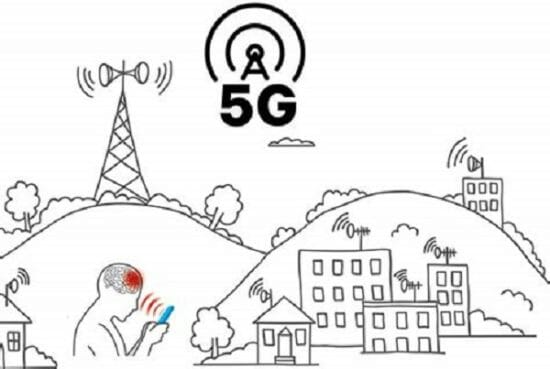- Course No E – 1868
- PDH Units: 2
No data found for Custom Course Number
No data found for Custom Course Units
- Course No E – 1868
- PDH Units: 2
Intended Audience: All Engineers
PDH UNITS: 2
5G has arrived! In this exciting launch into the next decade of cellular technology, 5G is revolutionizing the modern way of life. Whether you are a wireless industry expert or data consumer, 5G technology devices are everywhere and you may even own one as we speak. Today’s advancements in 5G leverages many improvements on bandwidth efficiency, power efficiency (battery life), network capacity, lower latency, reduction of multipath effects, and other technological advances that ultimately enable mobile users as well as the Internet of Things (IoT) to be ubiquitously connected to the internet. As the world becomes increasingly data hungry Cisco Systems estimates global data usage to be in the billions of gigabytes every month! Have you ever considered what makes this possible? Or have you pondered to yourself where all of the wireless bandwidth could possibly come from? This engineering online PDH course will be an exploration of the fundamentals of technological advancements and improvements that make the deployment of 5G possible. This PDH online course is intended for civil, electrical, and mechanical engineers, as well as project managers in construction, who are interested to grasp a fundamental understanding of 5G technologies that can help us not only improve quality of life, but also usher into the endless possibilities that this generation of 5G can bring.
Learning Objectives:
At the successful conclusion of this course, you will learn the following knowledge and skills:- Brief overview of the evolution of wireless technology
- Challenges to overcome in order to achieve 5G standards
- 5G performance benchmarks (“5G Triangle”)
- Examples of potential 5G use cases
- Achieving 5G performance by addressing 2 questions:
- Where can we get more spectrum?
- How can we better utilize existing spectrum?
- Millimeter wave (mmWave) for expanding bandwidth capacity
- Network congestion in existing spectrums
- Propagation vulnerabilities
- Attenuation trade-offs
- Antenna size compensating for signal loss
- MIMO technology multiplying radio signals
- Overcoming small-scale propagation effects (multipath fading)
- Antenna diversity
- OFDM multiple channel access scheme basics
- MIMO modes
Course Reviews
5
- 5 stars1
- 4 stars0
- 3 stars0
- 2 stars0
- 1 stars0
Once completed, your order and certificate of completion will be available in your profile when you’re logged in to the site.











Great information. Very clear.